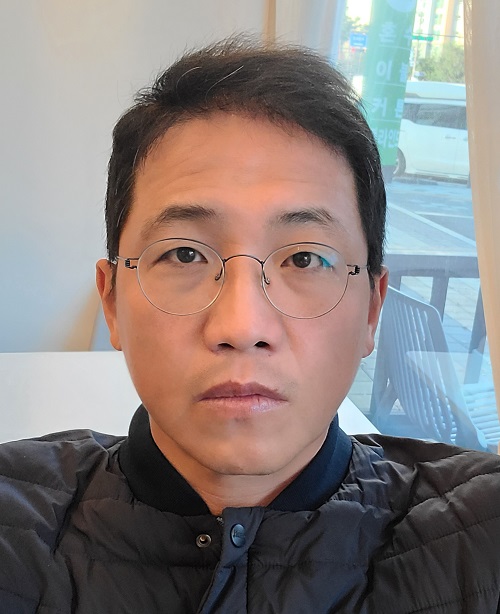My research has consisted of 3 main topics; 1) modern Japanese culture and intellectual history, 2) contemporary Korean culture and intellectual history, and 3) modern European thoughts. And these topics are closely related to and overlapped each other under the perspective of post-colonialism. From this perspective, I have focused on Japanese, Korean, and European philosophy, jurisprudence, literature, political thoughts, and revolutionary movements across time and space, and critically illuminated the political entanglement in intellectual and cultural history. I am now working on a project of “the critique of political hygiene” through which investigating how colonialism politicized practice, knowledge, and institution to perpetuate its influence in post-colonial situation.
Professor, Yonsei University, Department of Cultural Anthropology / Institute of Korean Studies, 2022~present
Associate Professor, Yonsei University, Department of Cultural Anthropology / Institute of Korean Studies, 2016~2022
Assistant Professor, Yonsei University, Institute of Korean Studies, 2011-2016
University of Tokyo, Ph.D, 2008
Seoul National University, M.A., 1998
Yonsei University, B.A.1995
SELECTED PUBLICATIONS
(Korean: K, Japanese: J, English: E)
BOOKS
1. Eschatological Bureau (Seoul: Munhak kwa Jisung, 2016) K
2. An Intellectual History of The Japanese Empire (Seoul: Changbi, 2015)K
3. The Threshold of the Japanese Empire (Tokyo: Iwanami, 2010) J
[Translation]
4. Carl Schmitt, Political Theology (Seoul: Greenbee, 2010) German into K
5. Giorgio Agamben, The State of Exception (Seoul: Saemulkyul, 2009) Italian into K
ARTICLES
1. “The Jargon of Asia: Toward Possibility of Postcolonial Criticism in Korea” (Symploke, Vol.30, 2022) E
2. “Constitutional Populism in Korea: A Curious Dream of Realizing Democratic and Constitutional Ideal through the Military Dictatorship” (Unitas, Vol.95-1, 2022) E
3. “Modern Japanese Criticism and Its Critical Point: A Reading of Kojin Karatani’s Marx, The Center of Possibility” (Dongbanghakji, Vol.198, 2022) K
4. “Yodo-go and Dawn of Revolution” (SAI, Vol.31, 2021) K
5. “Critique of Political Hygiene in Modern Korea” (Sangheohakbo, Vol.61, 2021) K
6. “Democratization and museum policy in South Korea” (International Journal of Cultural Policy, Vol.25-1, 2019) E
7. “Peace, Tenno, and Korean Peninsula” (Dongbanghakji, Vol.179, 2017) K
8. “Universalism and Colonialism: Reconsidering Postwar Democracy in Japan” (Inter-Asia Cultural Studies, 3/17, 2016) E
9. “How to Overcome Nation State” (Gengobunakkenkyu, 1/27, 2015) J
10. “Public Practice of Critique, Politics of War- Between Habermas and Schmitt” (Sahoe wa Chulhak, Vol.27, 2014) K
11. “Between Norm and Fact” (Shakaikagaku, 2/44, 2014) J
12. “The Commemoration of the Gwangju Uprising: of the Remnants in the Nation States’ Historical Memory” (Inter-Asia Cultural Studies, 4/12, 2011) E







